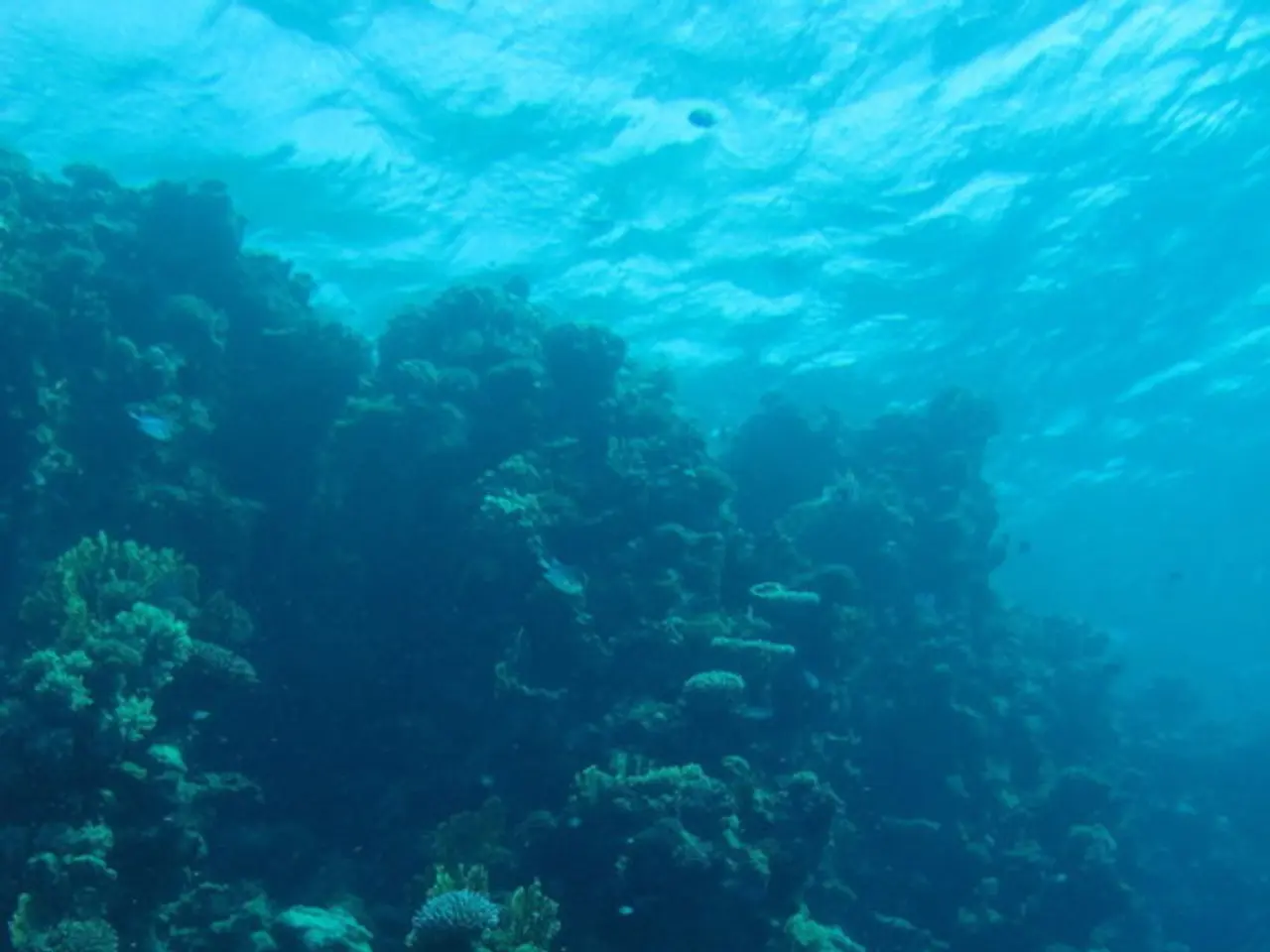Islands issue climate crisis warning before the supreme court
International Court of Justice to Deliver Opinion on Climate Change Obligations
In a significant development for global climate action, more than 130 states have collectively sought the opinion of the International Court of Justice (ICJ) regarding the obligations of states to protect the climate system. This marks the first time a climate case has been brought before the ICJ since governments acquired, over half a century ago, scientific proof that burning fossil fuel increases atmospheric CO2 concentration and temperatures, which will ultimately jeopardize the ability to sustain human life on the planet.
The ICJ case, expected for 2025, involves 107 states and international organizations. The written phase of the proceedings concluded in 2024, followed by two weeks of hearings. The ICJ opinion could clarify existing rules, enabling all states to read them in the same way and apply them consistently.
The request to the ICJ, brought by Vanuatu and a core group of countries in 2023, was supported by a UN General Assembly resolution (77/276). While the specific states that formally joined the application are not detailed in the available sources, more than 130 states have agreed to collectively seek the opinion.
The ICJ advisory opinion request focuses on determining which instruments apply to inform states' obligations in relation to climate change. The Paris Agreement, though significant, does not limit, modify, or take precedence over all previous international law instruments regulating marine pollution from anthropogenic emissions.
The ICJ case is one of three advisory proceedings running in parallel and feeding into and reinforcing each other. In May 2024, ITLOS issued a resounding advisory opinion, concluding that greenhouse gas emissions are pollution of the marine environment under the UN Convention on the Law of the Sea. The ITLOS opinion concluded that the Intergovernmental Panel on Climate Change reports are the source of the best available science.
The ICJ case also highlights the international dimension of climate litigation. Three advisory cases before regional and international courts and tribunals exemplify this, including the current ICJ case and the ITLOS case. Interpreting and applying available legal instruments in a vacuum would contribute to the fragmentation of the regime.
The goal is to ensure liveable conditions for present and future generations, and prevent further cataclysms. At stake is the survival not just of island and coastal populations but of humanity as a whole. The minimum threshold of emission-mitigation measures necessary under the UN Convention on the Law of the Sea must be determined objectively using the best available science, precaution in the absence of scientific certainty, and climate-related treaties and instruments.
As courts are increasingly being turned to as a tool to respond to the climate crisis, the ICJ case comes at a time when the courts are increasingly being used in this capacity. The 2023 Global Climate Litigation Report found a sharp rise in climate-related cases. A clear legal precedent, with a certain level of particularity, would enable island states to determine with certainty which state measures are appropriate, and which are in breach of international law. State measures must evolve to comply with existing obligations under international law, becoming more ambitious over time as the climate changes and scientific knowledge advances.
The ICJ proceedings involved 107 states and international organizations, with COSIS arguing for a harmonious interpretation of states' obligations, considering the UN Convention on the Law of the Sea in conjunction with other specific obligations of states under the "international climate regime". The ICJ is set to deliver an opinion on the legal consequences under international law of causing significant harm to the climate system.
Read also:
- Russia, according to Zelensky, lacks the prowess for launching another significant offensive.
- Russia's Latest Peace Proposals for Donbas: New Diplomatic Landscape Emerges amid Alaska Summit, Potentially Opening Ceasefire Opportunities
- Amidst India's escalating climate crisis, transgender individuals continue to persevere
- Contentious Discussion Surrounding the Movie Release of "Planet of the Humans"








